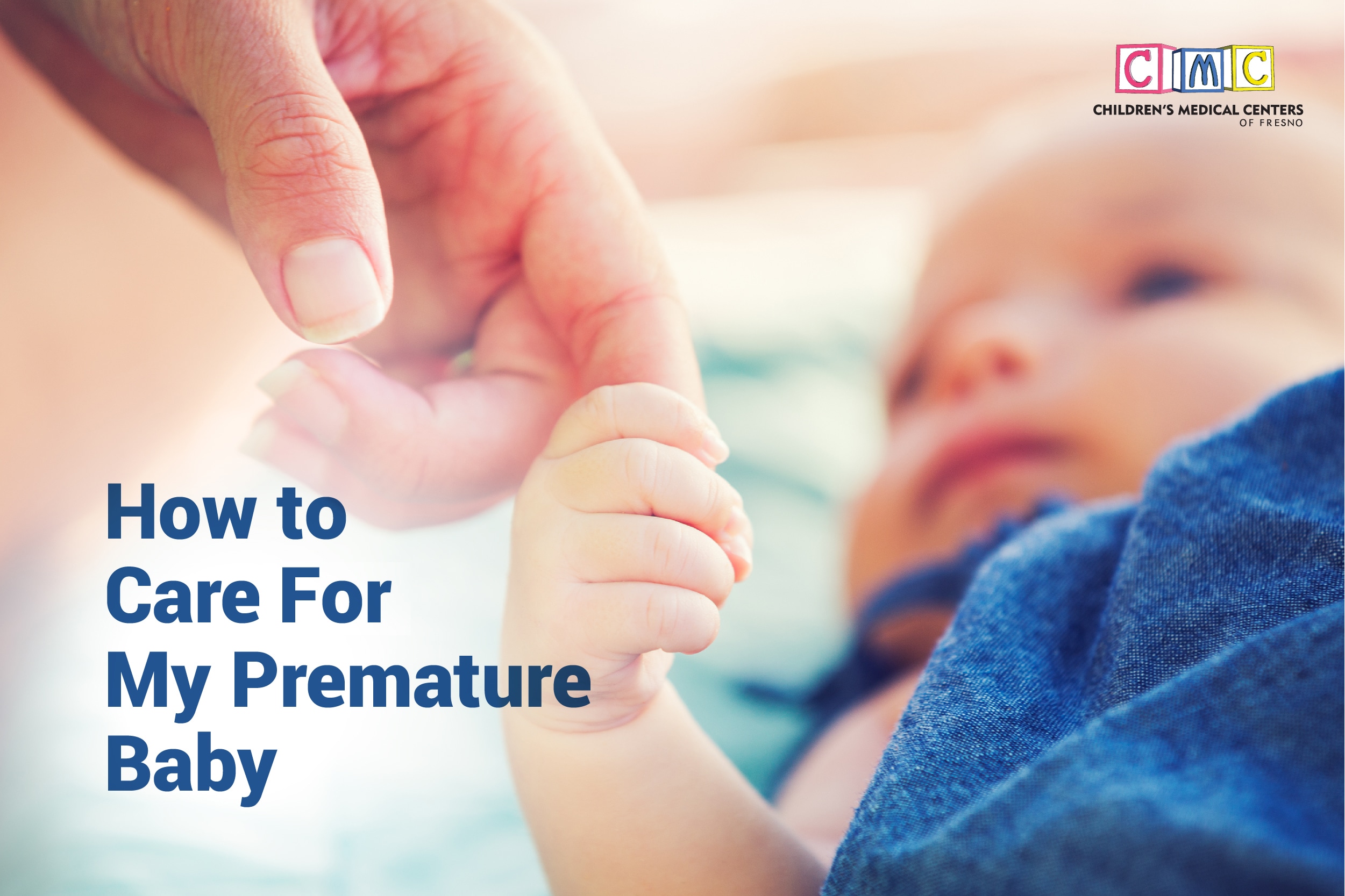Having a premature baby is likely to cause parents concern and worry. In spite of this, parents can take some measures to help their premature baby grow and develop and ease their transition into parenthood. With proper medical care and parental nurturing, you can help your baby grow into a healthy toddler and beyond. In this article, we will give you some tips on how to take care of a premature baby.
What to Expect When Caring for a Premature Baby
A premature baby is a child born too early or before 37 weeks gestation. They are often referred to as a “preemie.” Because premature babies are not fully developed at birth, they have immature organs and immune systems. Therefore, preemies must stay in a newborn intensive care unit (also known as NICU) to get special medical care. Premature birth also comes with many risks, and those risks increase the earlier the baby is born. They may encounter a variety of medical conditions like:
- Apnea: a condition in which premature infants stop breathing for 15 to 20 seconds during sleep
- Bronchopulmonary dysplasia: a condition where an infant’s lungs become irritated and do not develop normally
- Heart problems
- jaundice
- problems in their digestive tract
- difficulties swallowing and sucking
Guidelines for Discharge
You may worry about caring for a preemie at home. However, it is essential to note that health care providers don’t release preemies until they are ready to go home. The NICU discharges infants when they reach developmental milestones. Premature infants often need to meet the following conditions:
- The baby needs to be able to maintain their body temperature in an open crib.
- They can breathe on their own
- Gains adequate weight
- On complete breast or bottle-feeding
- Pass various tests like hearing screens, heart disease tests, car safety, and more
- Babies are on full-feeding either through breastfeeding or bottle-feeding
Car Seat Safety Check
Preemies often lack the muscle control to keep their heads upright when they are struggling to breathe. To travel home, your preemie must be buckled into a five- or three-point harness infant safety seat. In addition, they need special headrests or padding in car seats so that their heads remain in a position that does not block their airways. If you intend to add additional padding to a car seat, ask the NICU staff first. For safety reasons, many hospitals request that parents bring in their car seats for testing. The infant is placed in a seat and attached to a cardiopulmonary monitor, measuring breathing and heart rate.
Care Tips for Parents of a Preemie Baby
Your newborn infant is delicate and vulnerable. You’ll need to provide the best care possible to ensure their growth and development. There are several conditions and circumstances you’ll need to consider, and some things simply avoid altogether to make sure your preemie is thriving and healthy.
With enough preparation and planning, you can take care of the preemie with ease. Here are the most important preemie care tips for you.
Learn CPR and Specialized Care
As part of treatment for oxygen deficiency or sleep apnea, preemies may require home monitoring equipment. Learn how to operate the buttons and knobs on the apnea monitor or oxygen equipment in case your infant is sent home with it. Make sure you ask the NICU staff and pediatrician for specific instructions.
Moreover, learning CPR can be beneficial for emergencies. In most hospitals, you must learn infant CPR before bringing your premature baby home, and some offer on-site classes. If your hospital doesn’t have classes, enroll in a training program.
Ensure a Stable Temperature in the Room
Since preterm infants have less body fat, it is typically necessary to cover them to keep their body temperature at a comfortable level. The temperature of the room should be neither too hot nor too cold, try to keep it between 72 and 78 degrees. If a child’s temperature remains consistently high, they are at a greater risk for SIDS.
Follow SIDS Prevention Tips
Sudden Death Infant Syndrome, or cot death, occurs when a seemingly healthy infant dies in their sleep, usually within the first six months of life. An infant born prematurely faces a higher risk than an infant born at term. However, these practices reduce SIDS risk:
- All newborns, even preemies, must sleep on their backs (SIDS), not on their stomach or sides.
- Never share your bed with them. Have a separate sleeping surface for them, particularly a cot or a crib.
- Remove pillow, bumpers, toys, or loose blankets.
Do Not Expose Your Baby to Smoke
Keep your infant away from smoke exposure. It increases your preemie’s risk of developing SIDS, ear infections, and respiratory infections.
Keep Your Baby Free from Infections and Germs
Good care of preemies involves practicing good hygiene. Make sure your hands are clean at all times, especially before holding your baby. It is also important to pay close attention to their clothing and sleeping area’s cleanliness. Dirty objects can also be a source of germs, so don’t let them hold them.
Know Feeding Cues
For preemies, eating more frequently will provide enough nutrients for growth, nourishment, and hydration. There are several signs that your baby isn’t getting enough milk or is hungry. Cues include crying without tears, sunken eyes, and not changing diapers regularly. Typically, they need feeding every 1.5 to 3 hours.
A gap of more than 4 hours between feedings is not recommended as this may lead to dehydration. You may use breast milk or formula, and your healthcare team will instruct how much your baby needs. Your baby needs to burp after feeding so they can expel air from their tummies, which will improve milk flow.
Limit Visitors and Avoid Public Places
When caring for premature newborns, one critical point to note is that their immune systems have not yet fully developed, putting them at greater risk of illness. This means that you need to be extra cautious. Do not expose your baby to crowds, public places, and sick people.
Practice Kangaroo Care
Kangaroo care, or what we call skin-to-skin contact, is to place your newborn on your chest and turn their head to one side while they only wear a diaper. This position benefits premature newborns in the following ways:
- regulates body temperature
- the position allows for easy access to the breast
- promoting better milk supply through skin-to-skin contact
- helps the infant fall asleep more deeply
- stabilizes the infant’s heart and respiratory rate
- improves oxygen levels
- forms a stronger bond
Don’t Miss Out on All Routine Check-ups
Most preemies do not require specialized medical care after leaving the hospital, but they still need regular medical care and evaluation. This includes vaccinations, which are administered in a similar schedule to full-term babies.
You must attend all appointments, and you should have the contact information of the doctor or nurse handy in case of medical emergencies. Several indicators that indicate that you should seek medical attention right away are:
- Having trouble breathing and looking pale or bluish (call 911)
- Does not have more than six wet diapers per day
- Your baby has a rectal temperature of more than 38°C
- Does not usually wake up for feedings, is fussy, very tired, or seems uninterested in eating.
Conclusion
Taking care of your premature baby may present a variety of difficulties. The good news, however, is that you are not alone on this journey. You have the support of friends, family members, and medical professionals who can assist you through this challenging time and help your preemie remain healthy. Call or schedule an appointment with CMCFresno to learn more about newborn care.



